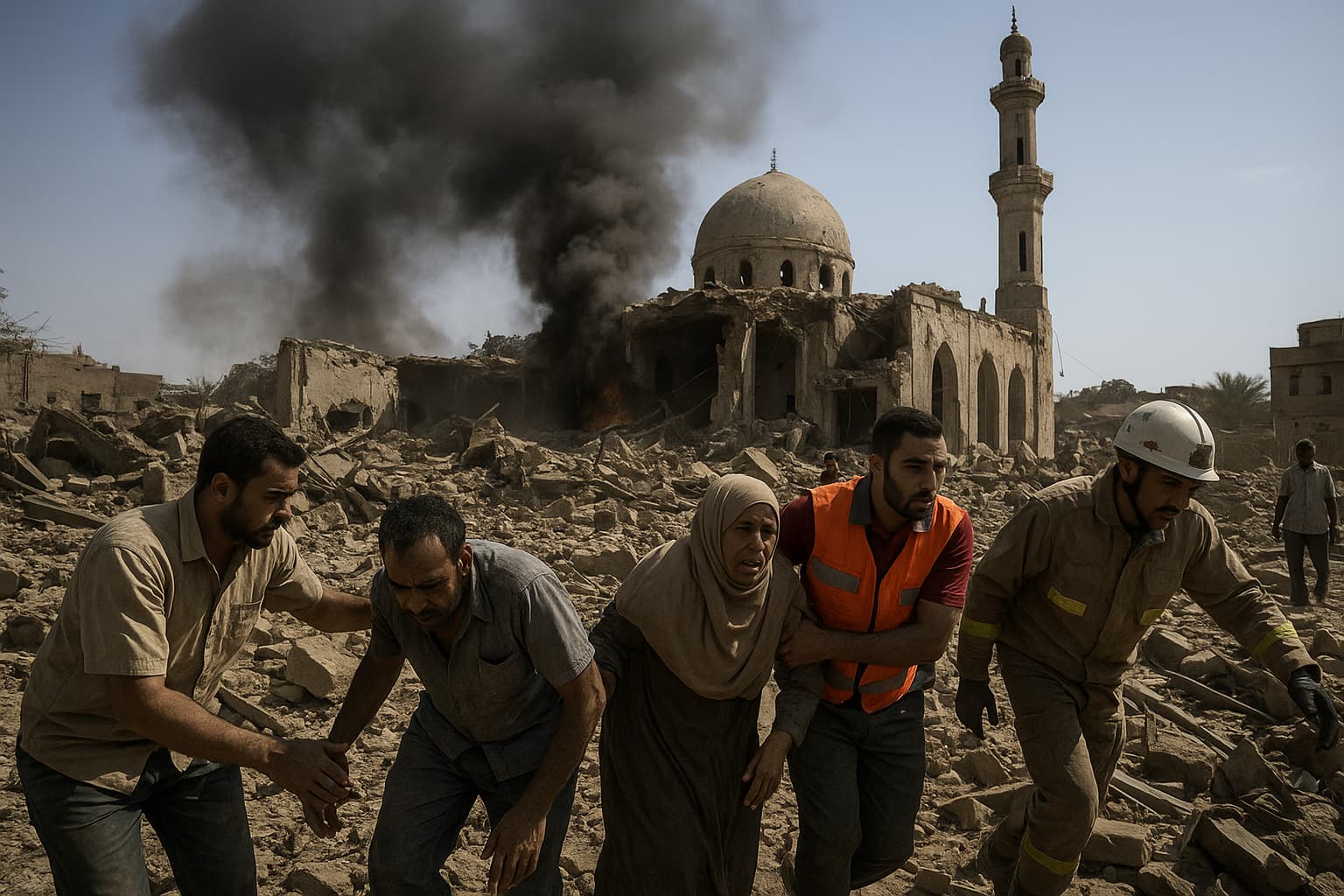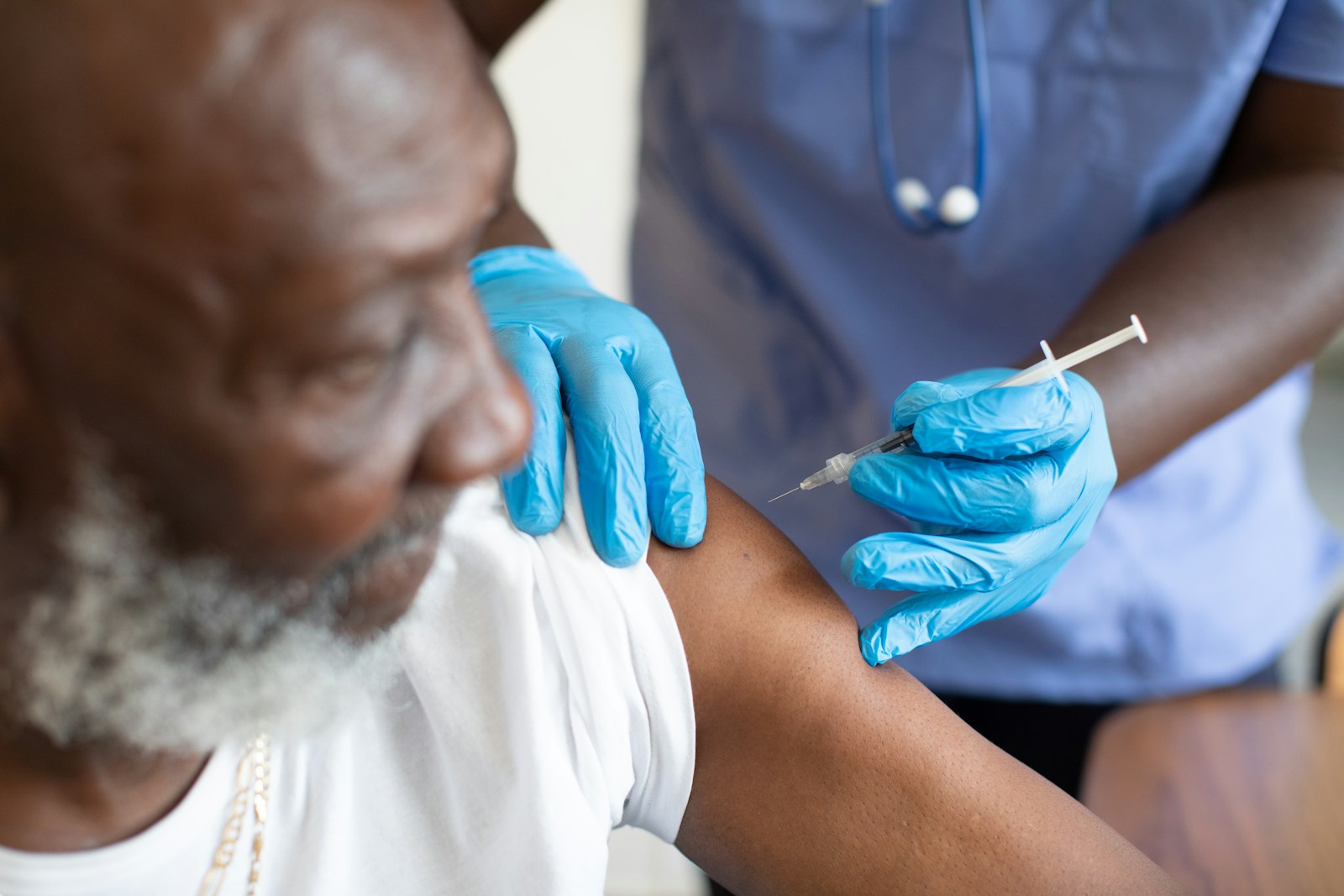Sudan drone strike: Shocking Facts That Reveal Massive Tragedy
The Sudan drone strike has sent shockwaves across the nation, leaving 78 dead in a single mosque attack. The scale of this tragedy is staggering, and the human stories behind it are heartbreaking. In this report, we dive deep into the aftermath, uncovering the full scope of the devastation.
1. Immediate Impact on Civilians
The Sudan drone strike instantly claimed dozens of lives, leaving survivors in shock and trauma. Families were torn apart, and emergency services struggled to cope with the scale of the disaster. Witnesses reported chaos, panic, and cries echoing through the devastated area, highlighting the human cost of this military action.
2. Medical Response Challenges
Local medics faced overwhelming pressure after the Sudan drone strike. Hospitals were inundated with victims suffering severe injuries, many requiring urgent surgeries. Despite heroic efforts, resources were stretched thin, demonstrating the critical need for international humanitarian support. WHO report on emergency medical response provides insights into such crises.
3. Eyewitness Accounts and Testimonies
Eyewitnesses of the Sudan drone strike described horrifying scenes of destruction. The mosque, once a place of peace, became a scene of carnage. Survivors’ stories reveal the psychological trauma and fear that linger long after the attack, emphasizing the deep social impact of such military strikes.
4. Historical Context of Drone Attacks in Sudan
The Sudan drone strike is not an isolated event; it fits into a broader pattern of aerial military interventions in the region. Past incidents have shown that drones can cause widespread destruction and civilian casualties, raising ethical and political concerns. Understanding this context helps explain the scale and impact of the recent attack.
5. International Reactions and Condemnations
Global leaders and organizations have condemned the Sudan drone strike, calling for accountability and urgent investigations. The United Nations and various human rights groups highlighted the violation of international law and the need for immediate humanitarian aid to support the survivors and affected communities.
6. Political Implications and Security Concerns
The Sudan drone strike has intensified political tensions within the country. Authorities are under pressure to enhance security measures and prevent further attacks. For more on regional security strategies, see our Sudan security updates article, which discusses government responses and preventive measures against similar incidents.
7. Humanitarian Crisis and Aid Efforts
The Sudan drone strike has triggered a massive humanitarian crisis. Thousands of displaced people now require shelter, food, and medical assistance. Local and international organizations are mobilizing aid, yet the scale of the disaster makes it a race against time to save lives and restore basic services.
8. Media Coverage and Public Awareness
Global media coverage of the Sudan drone strike has raised awareness about the human cost of military actions. Videos, photographs, and first-hand accounts circulate widely, shaping public opinion and sparking debates on international policies regarding drone warfare.
9. Long-term Psychological Effects
Survivors of the Sudan drone strike are facing long-term psychological trauma, including PTSD, anxiety, and depression. Mental health support is critical to help communities recover from the devastating experience and prevent intergenerational trauma.
10. Steps Toward Peace and Prevention
Preventing future tragedies like the Sudan drone strike requires international cooperation, stricter regulations on drone usage, and effective conflict resolution strategies. Governments, NGOs, and communities must work together to ensure safety and uphold human rights.
Conclusion
The Sudan drone strike left 78 dead and countless lives shattered. Understanding the full impact from immediate casualties to long-term psychological trauma highlights the urgent need for humanitarian support, policy reforms, and international accountability. By raising awareness and promoting preventive measures, the global community can work toward reducing the likelihood of such tragedies in the future.



